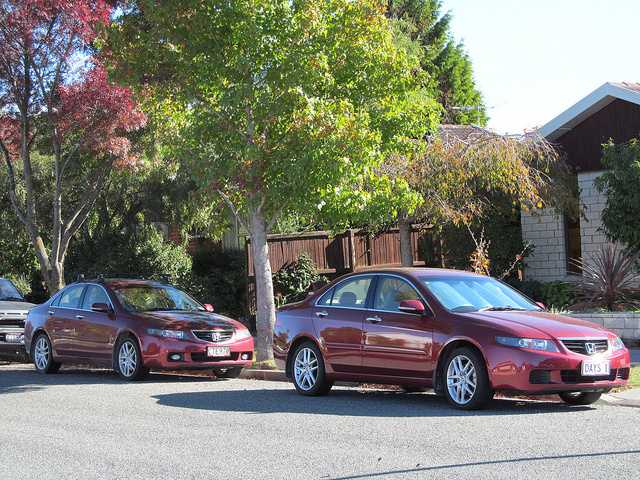The terms fate and coincidence are often used to describe events that are out of human control. Fate refers to the idea that events are predetermined by a supernatural power and cannot be changed, while coincidence describes unplanned and unexpected situations where events happen at the same time, seemingly related. Both concepts imply a lack of control, but while fate is considered to be planned by a divine force, coincidence is accidental.
Key Takeaways
- Fate is the development of predetermined events outside a person’s control, believed to be planned by a supernatural power.
- Coincidence is when events happen at the same time in an unplanned and unexpected manner.
- While fate is seen as unavoidable and divinely inspired, coincidence is considered accidental and unplanned.
What is Fate?
Fate is the belief that events are controlled by a supernatural power and are predetermined, meaning they cannot be changed no matter how hard we try. This concept is based on the idea that there is a fixed natural order in the universe that is unchangeable. Fate is often associated with negative connotations, such as an individual resigning themselves to a bad period in their life because they believe it is inevitable. The belief that all events are predetermined and inevitable is called fatalism.
In Greek mythology, fate is represented by the Moirai, three goddesses who control the birth and life of humans. These goddesses are Clotho, Lachesis, and Atropos, and they spin the thread of destiny for each person.
What is Coincidence?
A coincidence is a situation where events occur at the same time in a way that is not planned or expected. These events happen by accident but often seem to be related. Examples of coincidences include two people having the same birthday, two friends with the same name, or meeting someone you were just talking about. From a statistical viewpoint, coincidences are natural and inevitable, and not as remarkable as we may think.
Difference between Fate and Coincidence
The main difference between fate and coincidence is their origin. Fate is believed to be predetermined and planned by a supernatural power, while coincidence happens by accident and is not planned. This distinction is important when considering events that are out of human control and how they are perceived by individuals.
